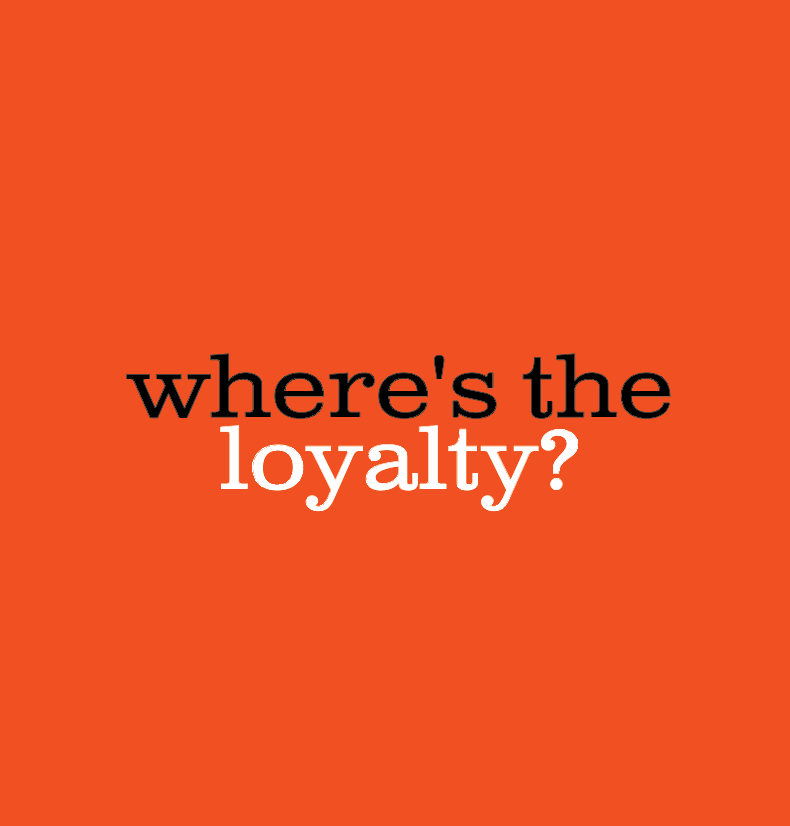The fallacy of communication
- Julie Boake

- Jul 15, 2025
- 3 min read
"The single biggest problem in communication is the illusion that it has taken place" -George Bernard Shaw.
I've sat with this thought more often than I should admit. I have a great print by David Carson that (almost illegibly) reads 'Don't mistake clarity for communication' which means the same but has chosen a different way of saying it.

Having worked across a variety of industries, a variety of continents with a variety of cultures, languages and outlooks on the world. To say the least, in my position, you often consider the multiple ways each of your words can be taken in, or out, of context.
To say the least, I've learned that often, our communication is not understood the way we have intended it, if it's communicated at all.
Sometimes, simple sentences can be misunderstood or misinterpreted. For example, I was writing a newsletter intending to offer an opportunity to join a special event, but not for free. I wanted to 'invite' people, but learned that using the word 'invite' implies that the invitee will bear any costs, and the invited person would attend for free.
Some words don't make sense because they don't translate. A word like knackered sounds like naked, and for anyone learning English, this can be taken incorrectly.
Sometimes it's language that is common in one location that is not as familiar in another area, like the slang for cigarettes in England, which can feel insulting for some.
But that's not even the one that I find incredibly confusing and is often debated...
"I'll see you next Monday," if said on a Sunday, does this mean the next day or a week from the next day? This is debated so frequently, along with whether 1/7/2025 is January or July.
The other aspect of communication that can be missed it the tone of the message. We read messages based on our feelings, beliefs or biases of the moment and the sender.
I recently received an automated email that said:
'our team is very busy, please do not email us multiple times as it's distracting and takes us longer to complete our tasks.'
This sounded a bit offensive. Did they think I was the type of person to send emails to annoy or be disruptive repeatedly? I also wondered if they were too busy to be accurate or diligent with my (already late) service. Another way to have handled this could have been
'Our apologies, our office is experiencing peak season, we will get back to your email as soon as we have a moment, but we assure you we are focused on ensuring we complete everything on time."
Would this feel different if it was:
A doctor | a housecleaner | a police officer | a lawyer
I was once told that you can say anything to anyone as long as you say it the right way and I believe that to be about 90% true.
Knowing who you are to your recipient can help you consider how you structure your sentences, response, or the words you choose.
Communication goes beyond the sending of information; it's the understanding of the information being sent, whether the message, the language, or the intent. We often just choose the simplest way possible, but sometimes it takes a moment to consider who the audience is on the other side of the message.
Julie Boake




Comments